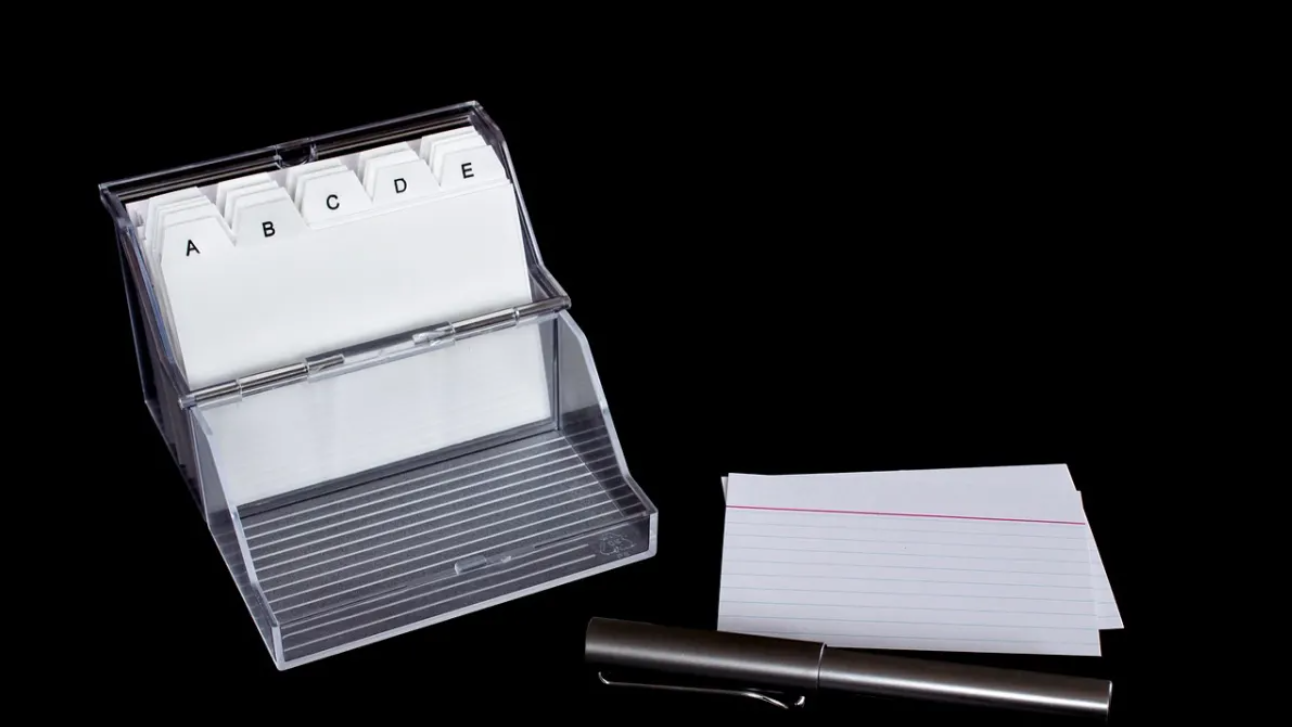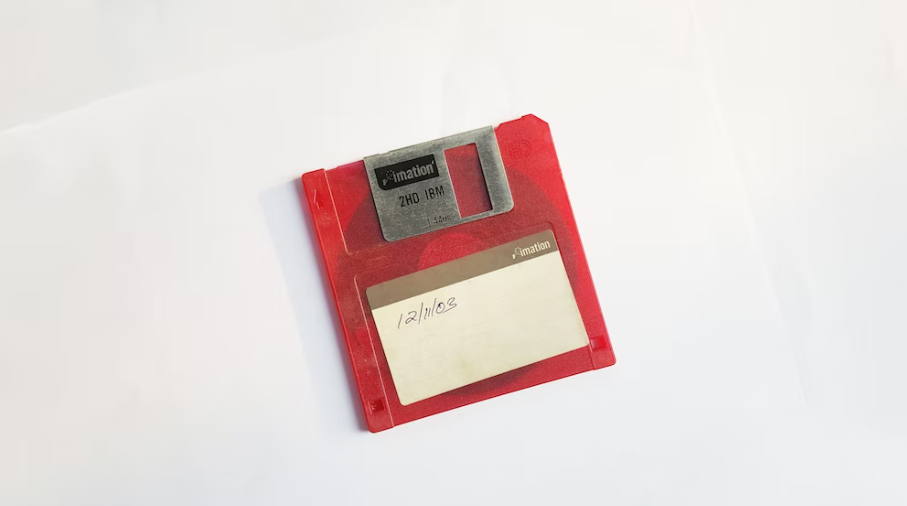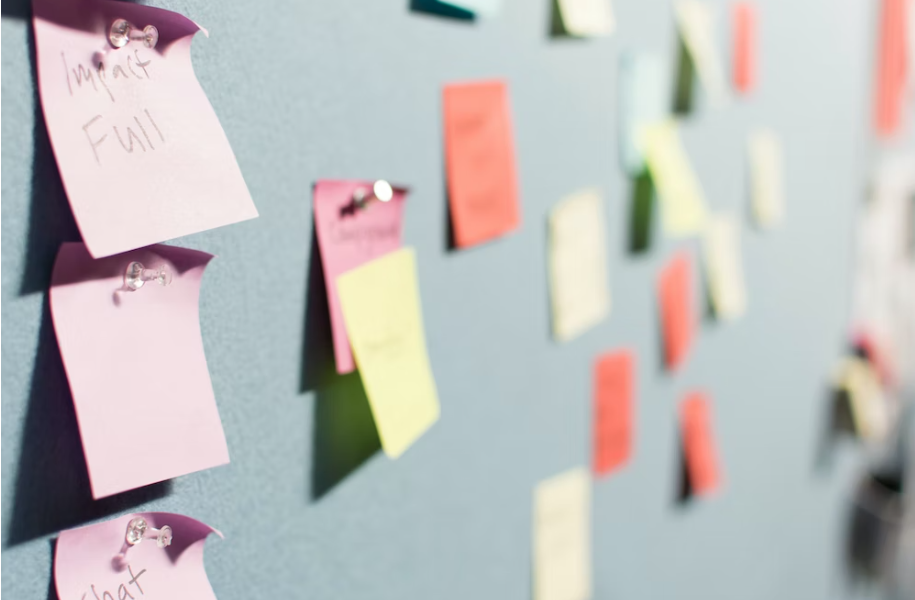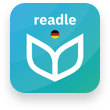
Have you thought about learning German with flashcards and are wondering if they can help you learn vocabulary and the language overall faster and more efficiently? Well, flashcards might be one of the best ways for you to learn the German language, actually.
Flashcards offer an effective way to remember information by building your memory. They may help you remember the information written down with minimal effort by writing it down and repeating it. Moreover, if you choose to use an app or a method that works by combining images, audio, video, and other multimedia with the translation, it might make the vocabulary-boosting process much easier.
Of course, we can’t say that flashcards are the best way to learn German – no method is. Instead, you need to combine them with other tools or tools to get the best out of them. However, learning how to use flashcards correctly is also important – so let us tell you more about that. Read on and find out everything you need to know about using German flashcards.
What Are The Benefits Of Learning German Language With Flashcards?
We know that learning foreign vocabulary is never easy, and it can be quite a boring process. It takes time to memorize words and phrases, especially in the German language. Flashcards aim to activate your ability to recall memories. When you actively go through a deck, you train your brain to quickly and accurately remember information and then use it when necessary.
Image-based flashcards might also improve your ability to comprehend vocabulary through visual learning. Moreover, when you create them by yourself, they serve like handwritten notes, boosting your memory.

Some main benefits of using flashcards to learn German vocab:
- You get instant feedback – You know immediately if you’re correct and what you did wrong.
- Natural repetition – Flashcards aid the repetitive process, which is necessary for new German words and phrases to go into your long-term memory.
- Increase neural connections – Looking at flashcards in random order assists your brain in building up memory.
- Make learning more fun – Flashcards make the language-learning process a game. You can challenge yourself and also have friends or family members test you. If you use an app, there are many fun games to engage in.

If you’ve ever tried to read and remember German vocabulary, you probably know that this method doesn’t work well. In contrast, flashcards stimulate multiple areas of your brain, thereby improving the retention of information.
It is important to use the flashcards multiple times. A with many things in life, everything comes with practice and repetition. The more you go through your flashcards, the more you will remember and therefore forget less and less. If you have a photographic memory, that’s even better. The main purpose of flashcards is to remember information long-term (which happens through constant repetition).
Drawbacks of Flashcards
Traditionally, flashcards are used for memorization only – so they can’t help you learn the correct pronunciation, German grammar, sentence construction, or anything else.
They can’t also be used as a sole method to learn the German language. If you want to master German vocabulary and go through all the other important parts of the language learning process, you might need other ways to learn. For example, listen to audio lessons, do written exercises, work on your pronunciation during language exchange meetings, or take private lessons to work on your unique problems.
And also, don’t hesitate to use flashcards for other reasons than just learning vocabulary. For example, with the help of them, you can get better at the conjugation system, gender of nouns and adjectives, or memorizing some common phrases for when you’ll visit Germany. Use your creativity to come up with new ideas for German flashcards.
Making Your Own Flashcards
Creating your own German flashcards may be a bit old school, but this approach has two huge advantages:
- writing down a word or a sentence that you want to remember already helps it to stay in your memory easier.
- if you make your own flashcards on paper, you can take them anywhere you go and practice German vocabulary whenever and wherever you want or need.
How to do that:
- Buy or create your flashcards. A set of basic index cards doesn’t cost much – you can find them in any paper or office store. You can also choose to print off cards from a template.
- Select the category of information for your deck of flashcards. Instead of turning every piece of information from the class into a card, consider making a deck of related terms, facts, or formulas – for example, German adjectives or phrases for saying “goodbye” in German,
- Summarize the most important information within that category. This can be a great opportunity to predict which information you will want to remember.
- Personalize the cards to make them unique. Include images that trigger your memory, add cues that come to mind when reading actively or taking notes or when you listen to people. Flashcards are particularly efficient if you add multimedia that enhance your ability to recall word meanings.

Memorizing Cards:
- Look at the front of the first card, and say the translation of the German word written on it. Don’t cheat! Try to say it out loud, and then flip over the card to see if you got the correct answer.
- If correct, move the card to a separate pile.
- If not correct, put the card on the bottom of the pile to revisit again during that study session. This helps you spend more time with what you can’t memorize.
- Revisit each stack as often as you wish, and your time allows you to. You can even do it on public transport, on the plane, or in the restaurant. The more “swipes” you get, the more it will become “memorized.” Continue to put aside cards for less-frequent review once you have been able to retrieve the information a number of times. Easy task!
Flashcard Apps
You might prefer to use technology for your learning process more than the good old DIY method. That’s totally understandable. Today, we spend so much time on the computer, so why not make it useful?
Flashcard apps are becoming very popular, not only among students but also among business people who travel a lot and need to make use of their time in the most efficient ways.
We have found a lot of flashcard apps by using the search function – and not all of them are great. Our favorite one so far is the app called Anki.
Anki:
Anki is our top 1 of flashcard apps. It uses the method of spaced repetition to make your studies more efficient.
The concept is simple. Anki will show you one side of each card. When you think you know the answer (or if you can’t remember), you flip the card over to see the correct answer. Anki will ask you to rate the grade of difficulty.
Based on the rating, the app will decide when to show you the card again. This could be as soon as a few minutes from now or as long as a month. This will allow you to spend more time studying the concepts that are difficult for you and avoid wasting time reviewing the information you already know.
Pricing: Free (except for the iOS app, which is $24.99)
Platforms: Android, iOS, Linux, Mac, Windows, Web
Practice as Much as Possible
Many language learners use flashcards to learn new words easier and faster. However, if you want to achieve the level of German fluency where you communicate freely with native speakers in their language, you need to use several language learning methods. After all, German differs from your native language, and it’s only natural that you need to master many unfamiliar categories.
If you want to improve practicing words most efficiently, we highly recommend using the Readle – learn German app. There, you can read engaging daily stories and news in German, learn new grammar, boost your vocabulary, and do short quizzes after each story to check what you’ve learned. While this is not directly a German flashcards app, it uses a spaced repetition approach, which works in a similar way.
The app is completely free, but if you want to have access to unlimited flashcards and other premium features, you can get a subscription. Trust hundreds of users whose German skills got better and better, and start using German vocabulary naturally, without thinking of the correct form. It’s never been easier!
